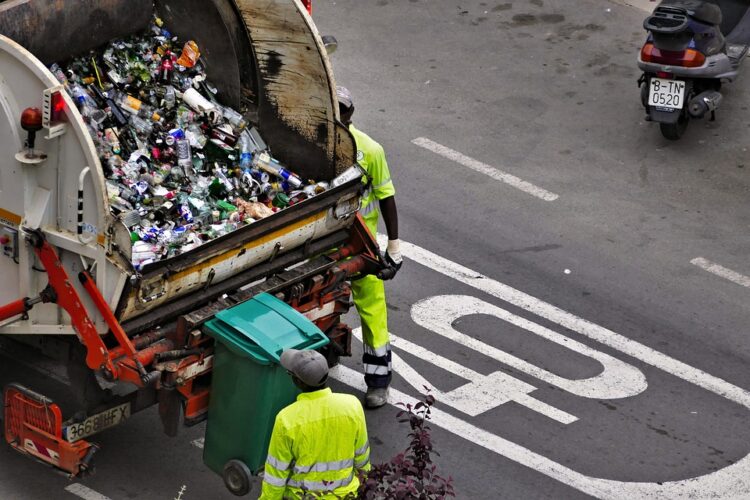Revolutionizing Recycling: How Communities are Making a Sustainable Impact
Recycling has long been recognized as a crucial aspect of environmental sustainability. By reducing waste, conserving resources, and minimizing pollution, recycling plays a vital role in protecting our planet for future generations. However, traditional recycling practices have often been cumbersome and inefficient, leading to low participation rates and limited impact.
The Evolution of Recycling
In recent years, communities across the globe have been revolutionizing recycling practices to make them more accessible, efficient, and impactful. From implementing innovative technology to fostering community engagement, these initiatives are reshaping the way we think about recycling.
Smart Bins and Technology
One of the most significant advancements in recycling is the introduction of smart bins and technology. These high-tech bins are equipped with sensors that can detect when they are full, optimize collection routes, and even provide real-time data on recycling rates. By leveraging technology, communities can streamline the recycling process, reduce costs, and increase efficiency.
Community Engagement
Another key component of revolutionizing recycling is community engagement. By educating residents about the importance of recycling, providing incentives for participation, and fostering a sense of ownership over the process, communities can significantly increase recycling rates and promote sustainable habits.
The Benefits of Revolutionizing Recycling
By revolutionizing recycling practices, communities can enjoy a wide range of benefits, including:
Environmental Impact
By increasing recycling rates and reducing waste, communities can significantly reduce their environmental footprint. Recycling conserves natural resources, reduces greenhouse gas emissions, and helps protect ecosystems and wildlife.
Economic Benefits
Revolutionizing recycling can also have significant economic benefits for communities. By reducing waste disposal costs, creating new jobs in the recycling industry, and generating revenue from recycled materials, communities can save money and boost their local economies.
Social Impact
Revolutionizing recycling can also have a positive social impact by fostering a sense of community pride, promoting environmental stewardship, and creating opportunities for collaboration and teamwork.
Common Questions About Revolutionizing Recycling
As communities continue to revolutionize recycling practices, many individuals may have questions about how they can get involved and make a difference. Here are some common questions and answers:
How can I support recycling initiatives in my community?
There are many ways to support recycling initiatives in your community, including participating in recycling programs, educating others about the importance of recycling, and advocating for policies that promote sustainable practices.
What are some innovative recycling technologies that are being used?
Some innovative recycling technologies that are being used include optical sorting systems, robotic sorters, and advanced recycling facilities that can process a wide range of materials.
What are some examples of successful recycling programs in communities?
There are many examples of successful recycling programs in communities around the world, including curbside recycling programs, composting initiatives, and e-waste recycling events.
Conclusion
As communities continue to revolutionize recycling practices, they are making a significant impact on environmental sustainability, economic development, and social well-being. By leveraging technology, fostering community engagement, and promoting sustainable habits, communities can create a more sustainable future for generations to come.
By working together to revolutionize recycling, we can protect our planet, conserve resources, and build a brighter future for all.











